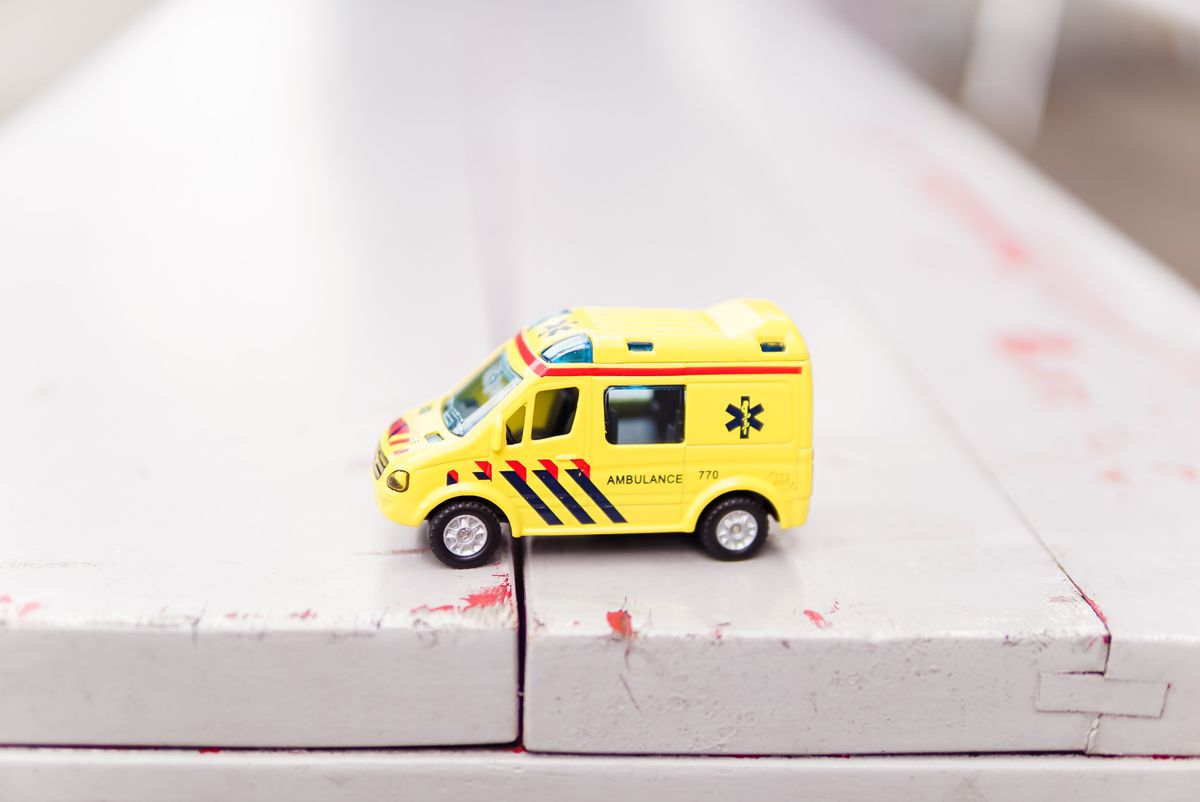The essence of emergency fund

Emergency situations, as we all know, cannot be predicted. They can arise today, tomorrow, months, or even years from now. These unforeseen events can range from accidents and job losses to natural disasters and many more. They really are uncertain. But one thing remains certain: we can financially prepare for them.
Why is an emergency fund so important?
I cannot stress this enough: setting up an emergency fund is the crucial step towards achieving "financial freedom". It serves as the foundation of our "financial resiliency". To illustrate its significance, let's consider a real-life scenario:
Bob, a digital content creator living his best life, travels the world while creating content for various brands. With each brand deal, he earns a substantial amount of money, allowing him to sustain his fancy lifestyle and indulge in impulsive purchases, feeling like he's on a perpetual vacation.
However, one day, Bob faces a sudden hurdle when he struggles to secure the next brand deal. To his dismay, he realizes that he has already booked a week-long stay at a luxurious hotel. With insufficient funds in his bank account, he finds himself in a tight spot, resorting to borrowing money to cover his expenses during that week.
Boom! This unfortunate situation arises due to Bob relying merely on his "seasonal" jobs without having other financial instruments in place. The need to repeatedly borrow money to meet his daily needs becomes a stressful and burdensome cycle that he has to endure.
The above example represents an extreme case where individuals depend entirely on their regular income to fulfill their needs. Even in Bob's case, the income is not regular; it comes from freelance work, which lacks continuity and stability.
In another instance, I frequently witness people with regular paychecks who have failed to prepare an adequate emergency fund. When unexpected events strike in various forms, such as unfortunate accidents, these individuals often resort to borrowing money from relatives, friends, or colleagues.
This is precisely what an emergency fund addresses—a safety net for unexpected situations that all of us do not wish to happen but they will. It's only a matter of time before such situations come knocking on our doors.
Regarding the borrowing aspect, I just remember a famous quote from the person I admire the most when it comes to combining religious beliefs with logical thinking:
— Wildan S. Nahar (@wildan3105) February 21, 2023
Which roughly can be translated into the following:
If someone asks to borrow money from you, but you have doubts about their ability to repay the full amount, consider giving them with a 'sufficient amount of money' that you are comfortable losing, rather than lending the entire sum. By doing so, you can avoid the unpleasant experience of not having your money returned.
At first glance, this quote may not appear relevant to our discussion. However, upon closer examination, it suggests that we should avoid getting into trouble by lending money to individuals who may not fully repay us. Implicitly, it reinforces the importance of carefully preparing our emergency funds. It applies to everyone—those with regular jobs, seasonal work, freelance careers, or even entrepreneurs. An emergency fund is a vital backbone on our journey to financial independence.
How do we prepare for it?
Preparing for an emergency fund is both easy and challenging. The calculations are straightforward, but getting started can be tough. The general recommendation is to accumulate at least 6-12 months' worth of living expenses. This means the emergency fund should cover 6-12 months of our essential monthly needs. These needs include but are not limited to:
- Accommodation cost
- Food expenses
- Transportation expenses
- Other essential monthly obligations/bills
Is it difficult to save up such an amount? Well, it depends. People who are accustomed to indulging in immediate consumptive purchases (aka shopping sprees) right after receiving their paychecks might find it challenging. Ultimately, it boils down to financial habits. Getting started may be difficult, but once you develop the habit, it becomes as easy as riding a bike—effortless.
So, do you want to become "another Bob" who carelessly spends money without having an emergency fund in place? I bet (and sincerely hope) that most of you would answer with a resounding "no" 😊